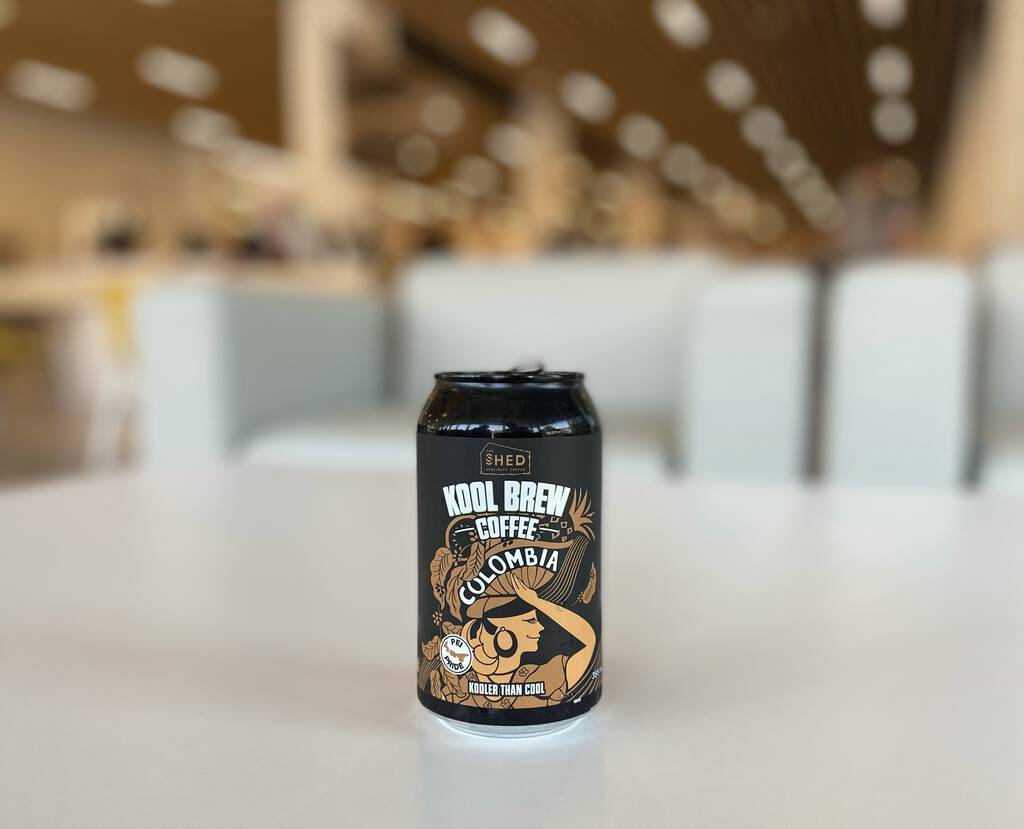We all have all sorts of business ideas, never executed, buzzing around in our heads. “Turo, but for dogs,” and the like.
One of mine, long-standing, has been a bookstore that only sells 10 books. I figured that, in this age of infinite choice, curated limitation is attractive.
Overwhelmed by the billion books on Amazon.com? Come to Pete’s Bookateria, and free yourself from choice!
But this morning I read Lewis Buzbee, in The Yellow-Lighted Bookshop:
One thing is certain in the aesthetics of bookstore design: if there’s too much space, there’s not enough books, and pretty soon, customers will stop coming, and so the decline begins. Customers are seduced into a bookstore because it seems to thrive; we want to see lots of books. We are much more likely to be drawn to a messy bookstore than a neat one because the mess signifies vitality. We are not drawn to a bookstore because of tasteful, Finnish shelves in gunmetal gray mesh, each one displaying three carefully chosen, color-coordinated covers. Clutter—orderly clutter, if possible—is what we expect. Like a city. It’s not quite a city unless there’s more than enough.
So, right: an integral aspect of bookstores is all the books we don’t want to buy.
Part of the joy of browsing a good bookstore is the knowledge that, in the sea of books that hold no interest, are the two or three books that do—my books, the ones the bookseller secured with me in mind, uniquely.
My idea—let’s relieve the pressure of choice—removes that delight.
So I’m moving it to the rejected-business-idea pile.
But if you’re interested in fractional dog ownership, let’s talk.
In other news from The Shed, their canned coffee, Kool Brew, is now available. It’s potent stuff: enough to share over an afternoon with someone you love.

Best wishes to my friend Hai as she opens the second location for The Shed, on Queen Street. As a special bonus, there’s a brand new public library opening around her at the same time.
I took a week off.
Everything.
Work, parenting, household management, blogging.
Lisa and I spent five nights on the shore. Doing, mostly, nothing at all. It was sublime.
Longtime reader of, and contributor to, this blog, Andrew Chisholm, has launched Island Edition:
Learn everything you need to know to stay current with what’s happening on PEI. Island Edition will be in your inbox every Wednesday and Friday morning. For free.
Recommended.
If nothing else, COVID has gifted me 100% wearing-my-pyjamas-on-my-deck-while-eating-breakfast comfort, including casual chit-chat with neighbours.
If your reaction to this is “huh?”, then you don’t know me at all.
From Ton’s Week Notes for the past week:
Picking up Y after her sleepover enjoyed some live music in the garden of a random house in the neighbourhood. Today was the twice per year ‘Strolling Through The Gardens’/’Peeking In At The Neighbour’s’ event. Musicians and local bands set up in somebody’s garden and give multiple performances in the afternoon, while neighbours drop in and listen. We heard and saw a cover band perform, whose drummer turned out to be our next door neighbour.
I love everything about this.
According to Inside Rotterdam, the slash in Ton’s description of the event represents a merger of two festivals:
The annual festival Gluren bij de Buren (Peeking at the Neighbors) has been shifted to summer this edition, to join forces with the summer equivalent: Struinen in de Tuinen (Strolling through Gardens). Thereby the performances this year will be moved from the living rooms to the gardens of participants.
Olivia and I have a long-unrealized plan to hold film screenings in our back yard for our neighbours; this is inspiration to think more broadly about how a multi-backyard interconnected festival, by and for neighbours (rather than tourists) might be a lovely idea for Charlottetown.
 I am
I am